
DFG Funds Research on Reliable AI for Open-World Object Detection
The German Research Foundation (DFG) has approved funding for a new research project led by Matthias Rottmann at Osnabrück University.
The OSVIA Lab researches methods that teach machines to see – from the basics of classical computer vision to modern deep learning approaches. Our goal is to develop algorithms that process visual data reliably, efficiently, and explainably. We work on problems ranging from the recognition and analysis of complex scenes to 3D reconstruction and robust machine learning. With our research, we bridge the gap between theory and application – for advances in science, industry, and society.
Universität Osnabrück: AG Computer Vision and Robust AI
Bergische Universität Wuppertal: AG Applied and Computational Mathematics
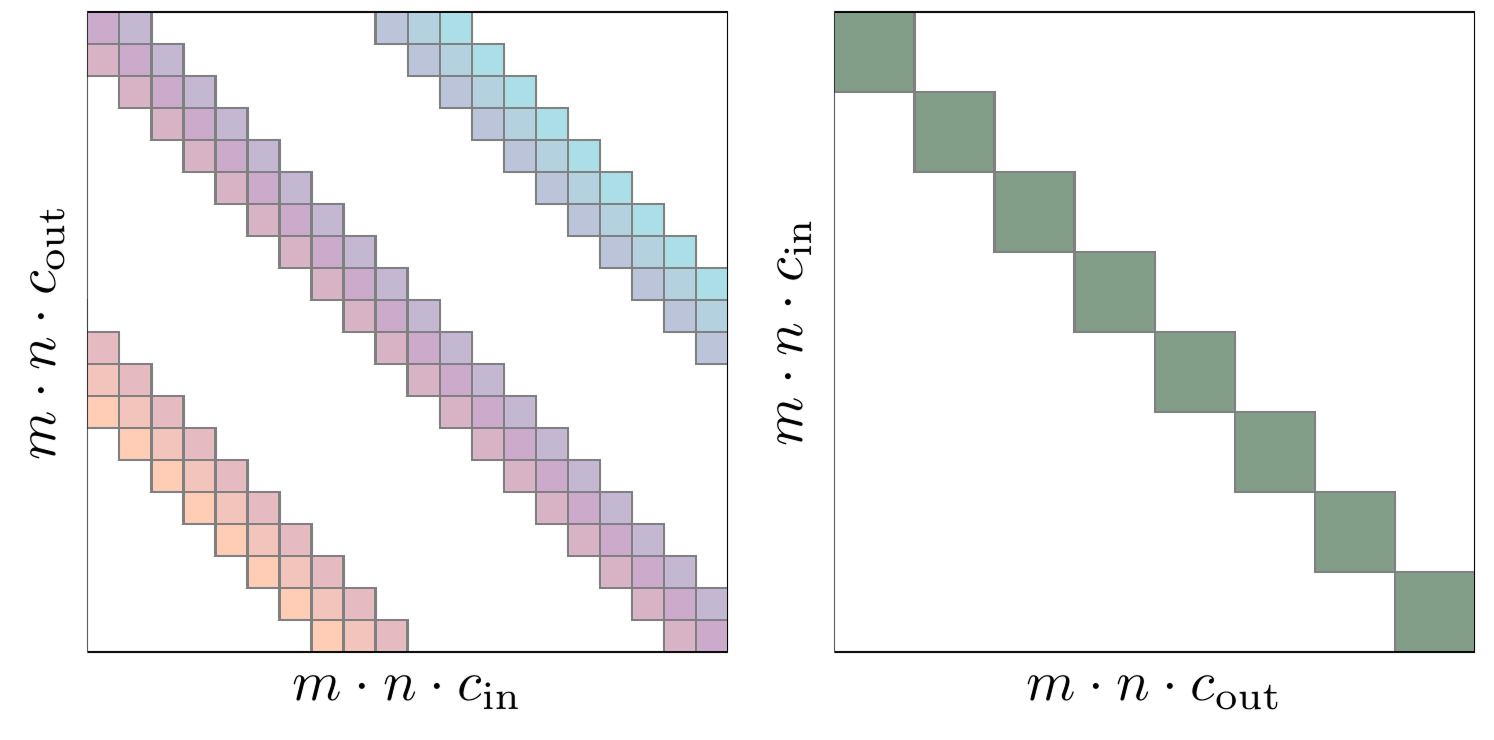
Van Betteray, A., Kahl, K., Rottmann, M. (2025)
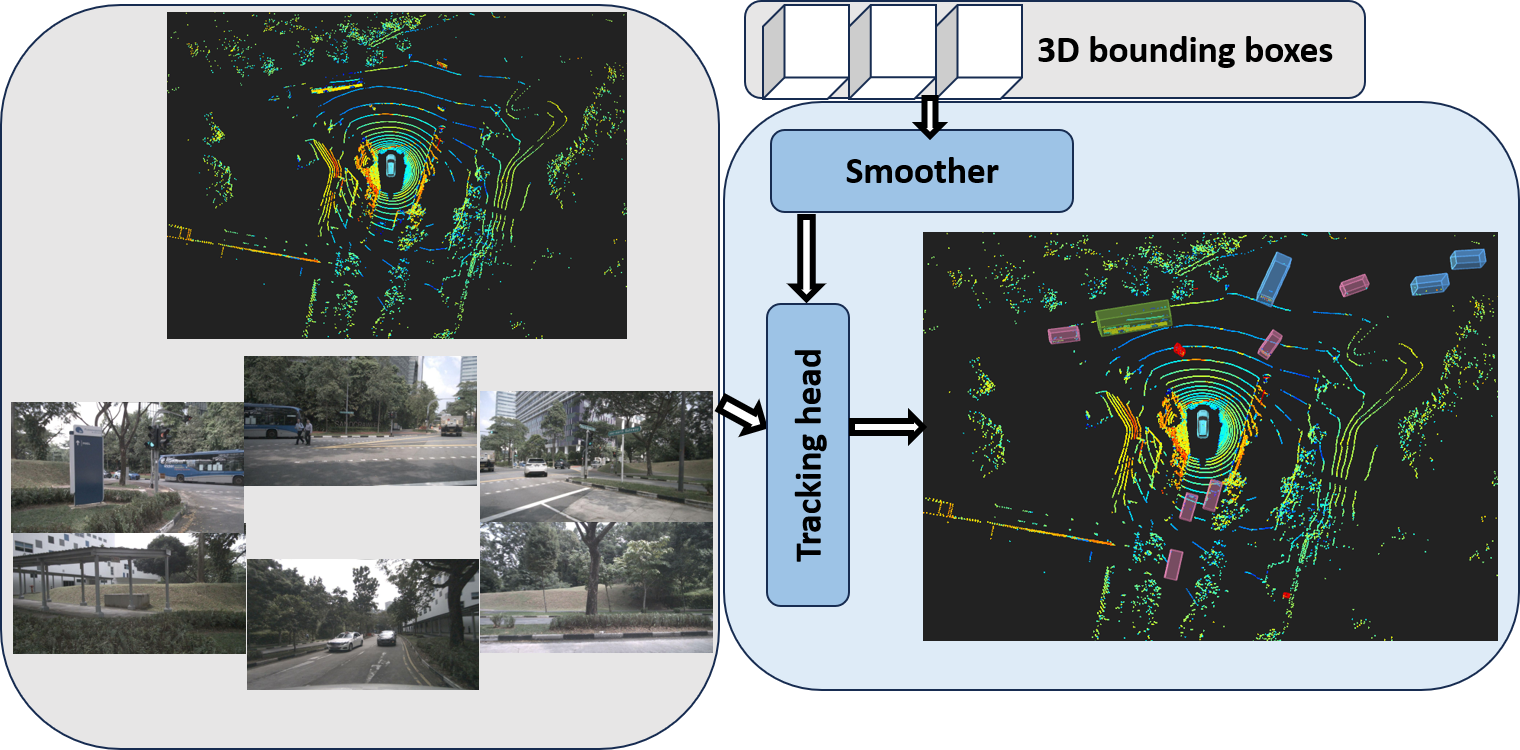
Teye, M., Maoz, O., Rottmann, M. (2025)
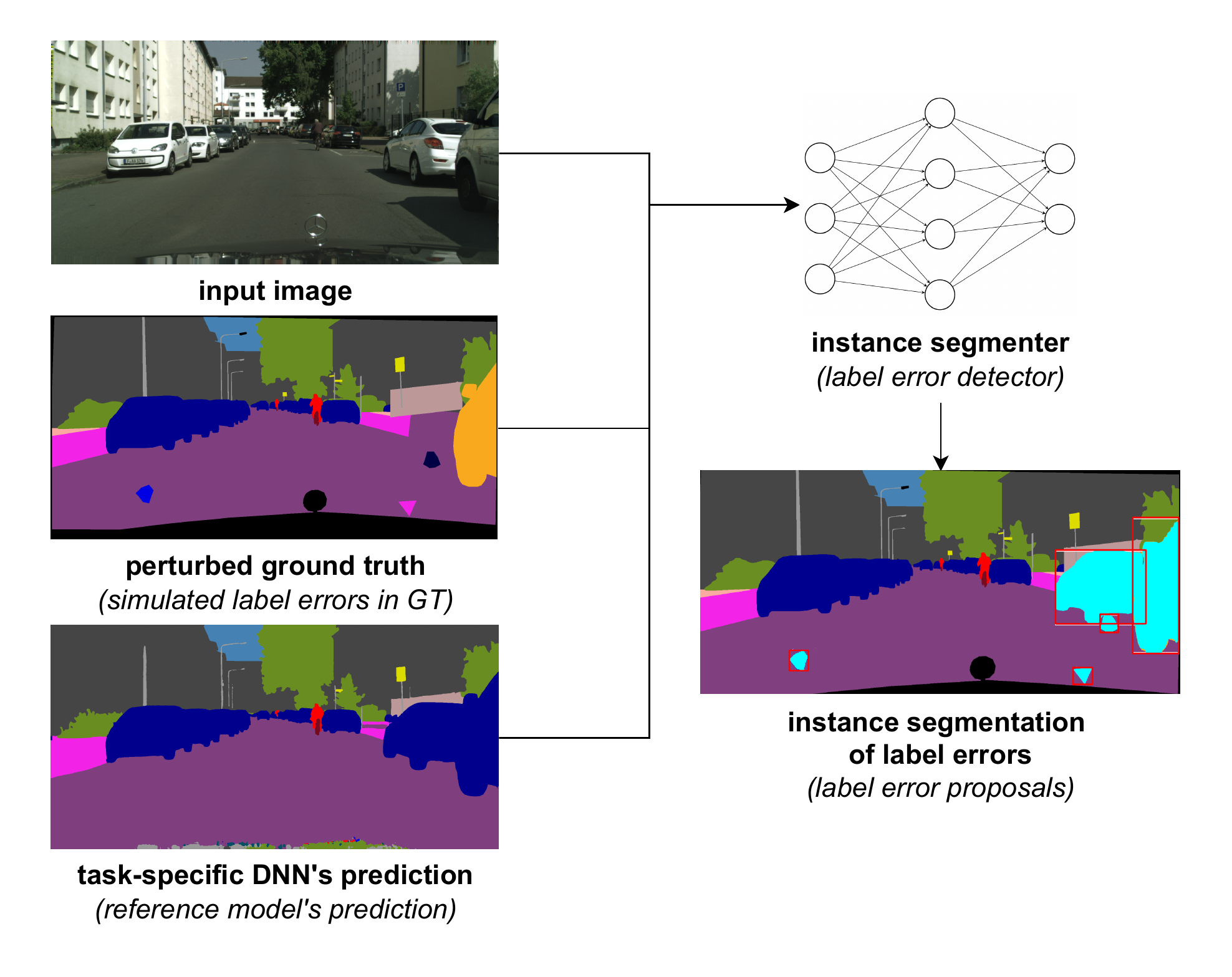
Penquitt, S., Riedlinger, T., Heller, T., Reischl, R., Rottmann, M. (2025)
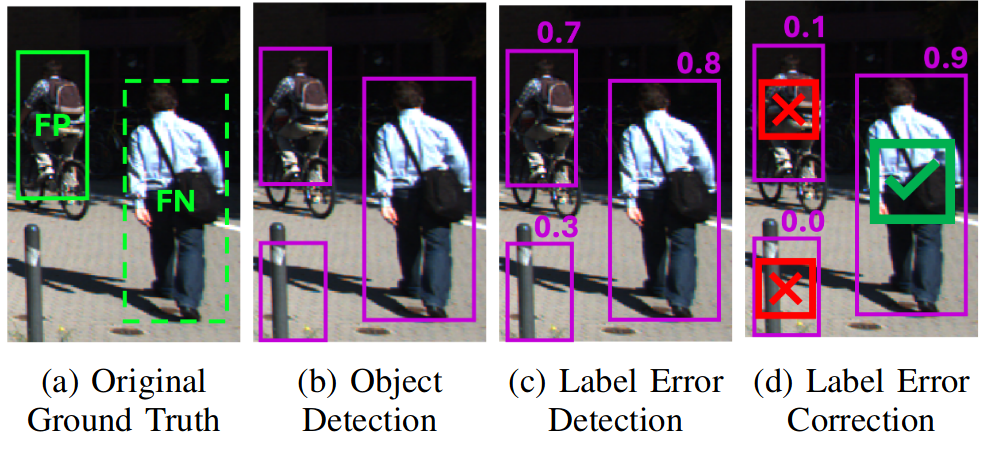
A Modular Framework and Benchmark for Object Detection Datasets. (2025)

Anomaly Instance Segmentation Benchmark. (2024)
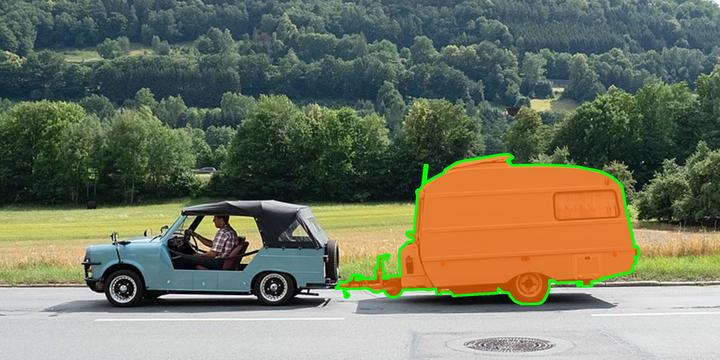
A Benchmark for Anomaly Segmentation. (2021)
Ongoing and recent work with our research and industry partners.

Making modern AI systems more reliable and transparent when operating in open-world environments.
2026–2028

Investigate the possibilities and limitations of so-called foundation models in computer-aided image recognition and to develop new methods for improving these models.
2024–2027
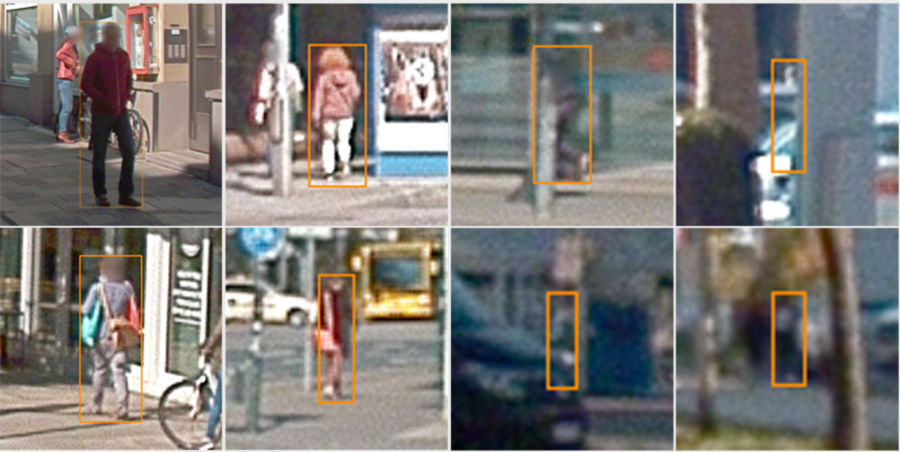
How to make the interpretation of image data for automated driving more reliable.
2024–2027

Easy creation of 3D models with photogrammetry and AI
2024–2027
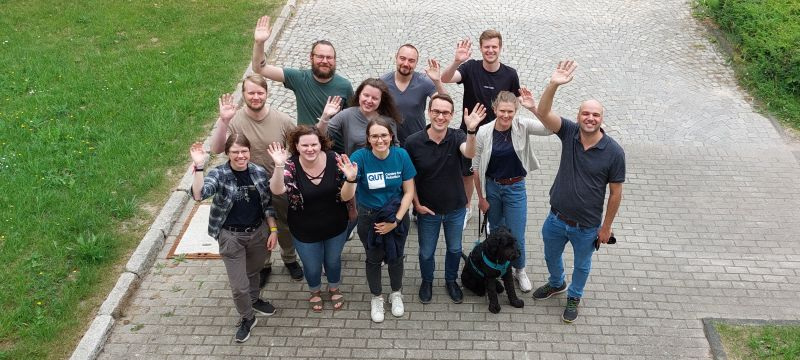
Exploring the frontiers of foundation models in computer vision.
2024–2025

Making the use of artificial intelligence safer.
2022–2025 (finished)
A multidisciplinary group committed to understanding and improving AI robustness in real-world scenarios.
Meet the Team